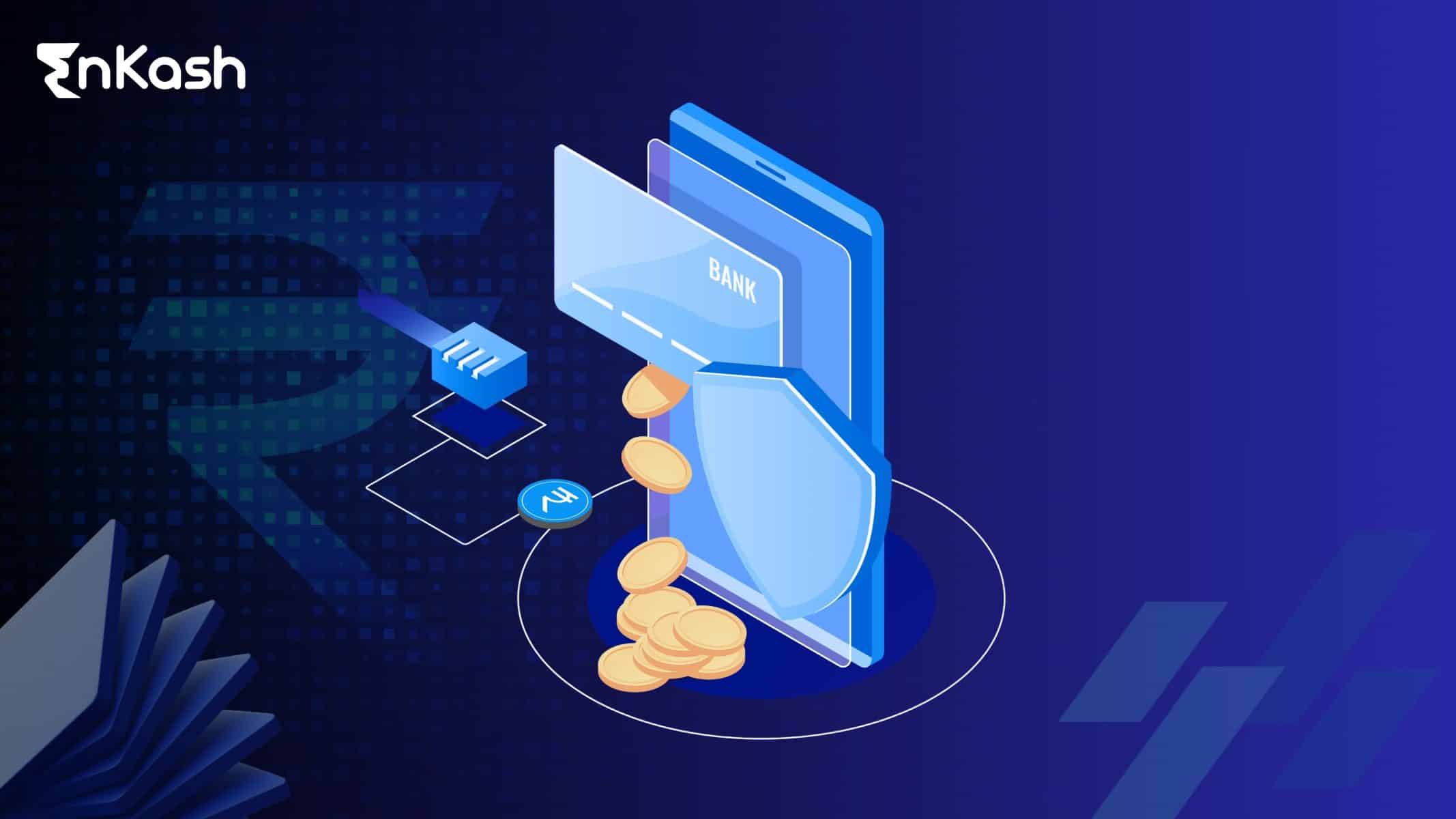In the ever-evolving world of digital payments, payment aggregators play a crucial role in facilitating seamless transactions between businesses and consumers. These third-party service providers act as intermediaries, allowing merchants to accept payments from customers through various channels. In this comprehensive guide, we will explore the meaning of payment aggregators, delve into their working process, discuss different types, and highlight their advantages and disadvantages. We will also draw examples from the industry to provide a better understanding of payment aggregators in practice.
What are Payment Aggregators?
Payment aggregators, also known as merchant aggregators, are third-party service providers that enable merchants to accept payments from customers by integrating different payment options into their websites or applications. They bridge the gap between merchants and acquirers, providing a streamlined payment solution. Instead of merchants having to create separate merchant accounts with each bank, payment aggregators offer a single interface that accepts payments through various channels, such as card transactions, e-wallets, or bank transfers.
These aggregators act as intermediaries, receiving funds from customers on behalf of merchants and facilitating the settlement process. They provide sub-merchant accounts to merchants, allowing them to accept transactions from different financial institutions without the need for individual accounts. After deducting their fees, payment aggregators transfer the funds to the merchant accounts in batches, typically within a specified timeframe.
How Do Payment Aggregators Work?
To understand how payment aggregators work, let’s consider a typical transaction between a customer and a merchant. When a customer selects products or services and proceeds to make a payment, the payment aggregator comes into play. The customer enters their payment details, such as card information, or selects a pre-saved card, initiating the payment process.
The payment aggregator tokenizes the card details and sends them to the integrated payment gateway, which performs verification checks and fraud prevention measures. The data is then sent to the acquiring bank, which is the merchant’s bank in this case. The acquiring bank forwards the card details to the respective card company for further fraud checks.
Once the verification process is complete, the customer’s bank, also known as the issuing bank, verifies the details and checks if the account has sufficient funds to make the payment. If the account has enough balance, the transaction is approved. The merchant’s bank then requests the receiver’s bank to transfer the funds, which are subsequently settled in the merchant’s account provided by the payment aggregator.
This intricate process ensures the security and smooth processing of transactions, allowing merchants to focus on their core business activities while relying on payment aggregators for efficient payment management.
Features of Payment Aggregators
Payment aggregators offer several features that make them a vital component of digital transactions. These features contribute to their popularity and widespread adoption across various industries. Let’s explore some key features of payment aggregators:
Secure Payment Channel: Payment aggregators provide a secure payment channel, ensuring the safety of customer transactions. They comply with regulatory guidelines and employ robust security measures to prevent fraud and protect sensitive data.
Flexible Fund Transfer: Payment aggregators offer flexible modes of fund transfer, allowing merchants to receive payments through different channels, including cards, net banking, UPI, wallets, and EMI options. This flexibility provides convenience for customers and expands the reach of merchants.
Easy Onboarding Process: Merchants can easily onboard payment aggregators by providing necessary documentation, such as address proof, PAN card number, and transaction statements. The onboarding process may vary depending on the specific payment aggregator’s requirements.
Digital Footprint for Fraud Prevention: Payment aggregators create a digital footprint for each transaction, which helps in fraud prevention and detection. The recorded transaction data enables tracking and analysis, enhancing security measures and minimizing the risk of fraudulent activities.
Customer Benefits: Payment aggregators often provide benefits to customers in the form of discounts, cashbacks, and EMIs. These incentives encourage customers to choose payment options offered by the aggregator, promoting customer loyalty and increasing sales for merchants.
Types of Payment Aggregators in India
In India, payment aggregators can be broadly classified into two types: bank payment aggregators and third-party payment aggregators.
Bank Payment Aggregators: Bank payment aggregators follow a more traditional approach and are typically employed by larger companies. Bank payment aggregators offer a range of services but are often expensive to set up and integrate. They require complex procedures and may not be suitable for new businesses or smaller companies due to higher costs.
Third-Party Payment Aggregators: Third-party payment aggregators like Olympus powered by EnKash have gained significant popularity in recent years. They offer more flexibility and innovative payment solutions tailored to the needs of merchants and businesses. These aggregators are user-friendly, cost-effective, and provide a wide range of payment options. They have become the preferred choice for many merchants, offering a seamless payment experience for their customers.
Advantages of a Payment Aggregator
Payment aggregators offer several advantages that make them an attractive choice for businesses.
Easy Access: Payment aggregators provide a quick and hassle-free onboarding process for merchants. This saves time and effort compared to setting up individual merchant accounts with multiple banks. Merchants can start accepting payments almost immediately after signing up with a payment aggregator.
Security and Compliance: Payment aggregators comply with regulatory guidelines and have robust security measures in place to protect customer data and prevent fraud. By utilizing the services of a payment aggregator, merchants can rely on their expertise in managing secure payment transactions.
Cost-Effectiveness: Payment aggregators offer cost-effective solutions for businesses, especially smaller companies and startups. The fees charged by payment aggregators are typically lower compared to setting up and maintaining individual merchant accounts with multiple banks.
Diverse Payment Options: Payment aggregators bring together multiple payment options under one platform, making it convenient for customers to choose their preferred method of payment. This flexibility helps businesses cater to a wider customer base and increase conversion rates.
Efficient Settlements: Payment aggregators streamline the settlement process by batching transactions and settling funds to the merchant’s account within a specified timeframe. This reduces the administrative burden on merchants and ensures timely availability of funds.
Difference Between Payment Aggregator and Payment Gateway
While payment aggregators and payment gateways are both essential components of the digital payment ecosystem, they serve different purposes.
Function: Payment aggregators act as intermediaries between merchants and acquirers, providing a single interface to accept payments from various channels. Payment gateways, on the other hand, facilitate the authorization and processing of payment transactions between customers and merchants.
Merchant Accounts: Payment aggregators provide sub-merchant accounts to merchants, eliminating the need for merchants to create individual accounts with multiple banks. Payment gateways, however, do not provide merchant accounts and rely on the merchant’s existing accounts for transaction processing.
Integration: Payment aggregators offer a unified integration solution, allowing merchants to accept payments through multiple channels using a single interface. Payment gateways require merchants to integrate their systems with the gateway’s API to process transactions.
Settlement Process: Payment aggregators handle the settlement process by batching transactions and settling funds into the merchant’s account within a specified timeframe. Payment gateways facilitate the authorization and settlement of transactions in real-time.
Scope of Services: Payment aggregators typically offer additional services such as fraud prevention, reporting, and analytics. Payment gateways focus primarily on transaction processing and may offer additional features like tokenization and recurring payments.
Conclusion
Payment aggregators play a pivotal role in the digital payment paradigm by serving as indispensable intermediaries that facilitate seamless transactions between businesses and consumers. Their multifaceted contributions, ranging from providing secure payment channels and flexible fund transfer options to ensuring an easy onboarding process and implementing robust fraud prevention measures, make them integral to the modern commerce landscape. Despite their myriad advantages, businesses must remain cognizant of potential disadvantages such as account holds and operational dependency, navigating these challenges strategically to optimize their use of payment aggregators. As the digital payment ecosystem continues to evolve, a judicious selection of payment aggregators like EnKash’s product, Olympus™ not only streamlines financial operations and enhances cash flow but also positions businesses to meet the ever-changing demands of the market, fostering sustained growth and customer satisfaction.










